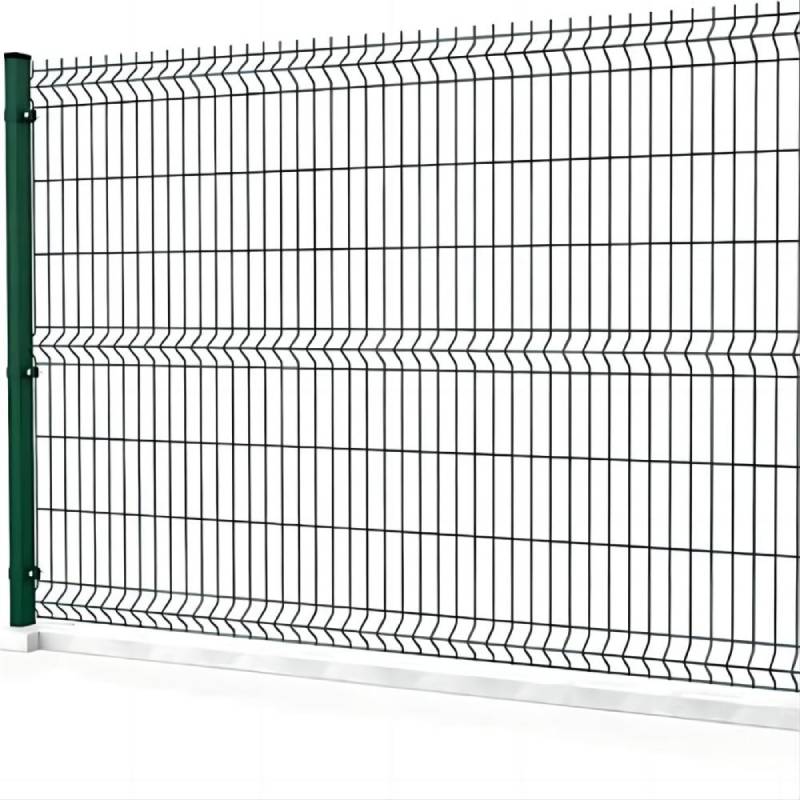difference between weld mesh and wire mesh
Difference Between Weld Mesh and Wire Mesh
When it comes to construction, fencing, and various industrial applications, the terms weld mesh and wire mesh often surface, leading to confusion among consumers and professionals alike
. Though they may appear similar at first glance, these two types of mesh have distinct characteristics and uses that set them apart.Weld mesh refers to a type of mesh that is created by welding together intersecting wires at each joint, typically forming a grid-like pattern. This process results in a strong, rigid structure that is highly durable and resistant to deformation. The welded connections provide excellent structural integrity, making weld mesh ideal for applications where reliable strength is essential, such as in construction, animal enclosures, and security fencing. The uniform spacing between wires ensures consistent performance and makes it suitable for concrete reinforcement and various agricultural uses as well.
On the other hand, wire mesh is typically produced by weaving or crimping individual wires together. This process may involve different techniques, such as spiral weaving or over-and-under weaving, to create a flexible mesh that can adapt to various shapes and sizes. While wire mesh may not have the same rigid structure as weld mesh, it offers versatility and ease of installation. It is often used in applications such as filtration, architectural design, and decorative purposes, where flexibility and aesthetic appeal are more important than structural strength.
difference between weld mesh and wire mesh

Another significant difference between the two is their manufacturing process. Weld mesh is generally produced in larger sheets or rolls, while wire mesh can be manufactured to specific dimensions, providing more options for customization based on project requirements. Additionally, the wire gauge or thickness can vary between the two types, affecting their performance and suitability for specific tasks.
Cost is also a consideration. Generally, welded mesh tends to be more expensive due to the labor-intensive welding process, while wire mesh can be more cost-effective, particularly for applications where high strength is not paramount.
In conclusion, while both weld mesh and wire mesh serve their respective purposes within construction and industrial contexts, understanding their differences in strength, flexibility, manufacturing, and cost can help individuals make informed decisions that suit their specific needs. Whether you require a robust barrier or a flexible solution, knowing the right type of mesh can significantly impact project success.
-
Space-Saving Chain Fence Hacks Vertical Gardening with Cyclone MeshNewsJul.16,2025
-
Innovations in Iron Nail Wire Production for Modern ConstructionNewsJul.16,2025
-
Creative Uses of Wire Netting Fence in Modern Landscape DesignNewsJul.16,2025
-
Barbed Wire Fence Innovations in Anti-Climb TechnologyNewsJul.16,2025
-
Architectural Uses of Umbrella Nails for Aesthetic Roof DesignsNewsJul.16,2025
-
Architectural Uses of Razor Barbed Wire in Secure Urban DesignNewsJul.16,2025




